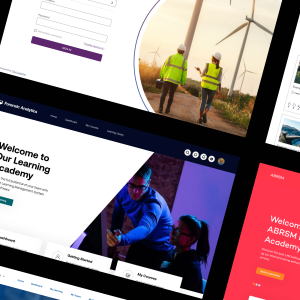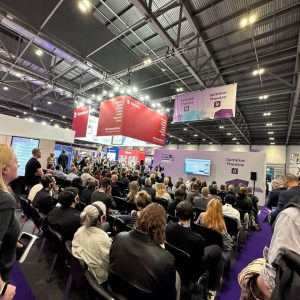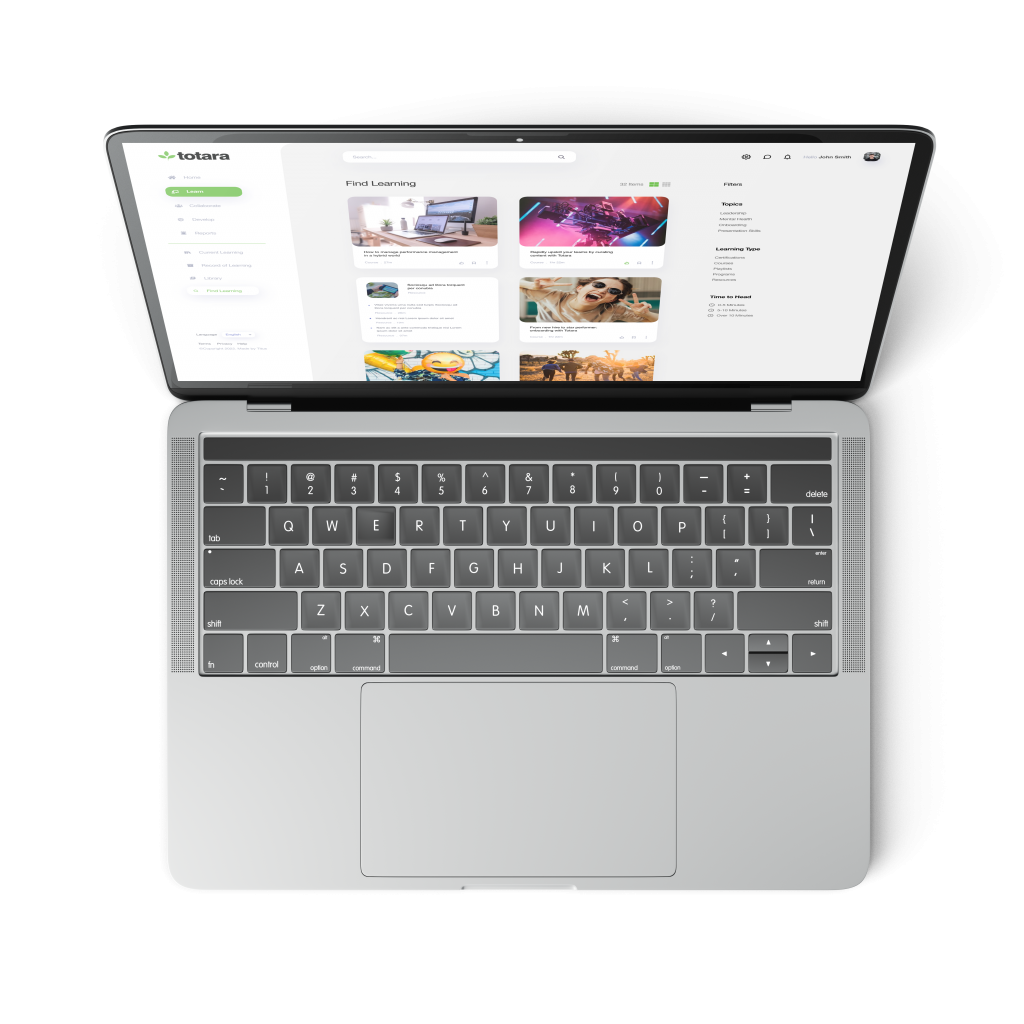With the start of the new term fast approaching, shops and websites are fully stocked with new products for the “back-to-school” market. However, beyond new pens and pencils, or even laptops and tablets, this year’s returning students will have a host of novel ways to experience and direct their learning via technology.
We’ve put together a list of some of the ways we think educational technology will change learning in the coming academic year.
Virtual and augmented reality
Looking at the meteoric rise of Pokemon Go over the past month, you might imagine there can’t be many teenagers who don’t have some experience of augmented reality. Products like Google Cardboard and Samsung’s Gear are also making immersive, 3D virtual reality affordable at an entry level, as long as you have a smartphone.
The applications for learning across the curriculum are almost limitless, from storytelling to virtual world building, visualisation of micro- and macro-structures to exploring historical sites.
We think that schools around the world will increasingly experiment with these technologies to deliver a new level of immersion in learning. Over the next academic year we expect to see virtual and augmented realities become a niche but growing part of the learning mix.
Wearable technology
With wearable technology such as smartwatches, step counters and fitness trackers emerging from the tech blogs and early adopters into the mainstream, the idea of using on-body devices to collect and present data is gaining wider acceptance.
Whether it’s tracking sporting activity to encourage well being, presenting bitesize learning via smartwatch apps, or even keeping track of revision schedules or exam timetables, wearable tech is sure to create new and exciting learning opportunities as its prevalence grows and costs fall.
BYOD/mobile learning
BYOD, or “bring your own device” is hardly a new idea, but over the coming terms we see it forming a much more central part of the learning experience for many students, whether that’s in terms of personal or school-sponsored usage.
Mobile devices are increasingly viewed as the primary method for accessing the web, and in the last couple of years we’ve certainly seen a significant increase in the number of our clients using mobile applications to access their LMS, as well as systems like Edulink to push key data to teachers, students and parents on the move.
As well as a tool for accessing learning information, smartphones and tablets also function as an important primary research tool, and a gateway to “just in time” learning. With the facility to take pictures, scan documents and record video or audio, they are also invaluable for building up e-learning portfolios and collating project data.
Joined up learning: teacher-parent-student
Finally, we think there’s an important cultural shift, which is the increasing frequency and depth of communication between teachers, parents and students. Whilst not an example of technology in itself, this can certainly be seen as the result of using technology more in learning.
The opportunity to share more data more quickly between the administration office, classroom and home means that traditional roles will break down, and what emerges is a split responsibility for the direction of learning.
This can be viewed both positively and negatively, but in our opinion there’s a lot of reasons to be optimistic. It seems likely to us that as teachers are able to take a more facilitative role, helped by the automation of administrative tasks, and better supported by parents who are more “in the know” that the quality of students’ learning will improve.
If you’d like to talk to us about any of these technologies, or about how your school can use technology to forge stronger links between teachers, students and parents, then please get in touch here.






